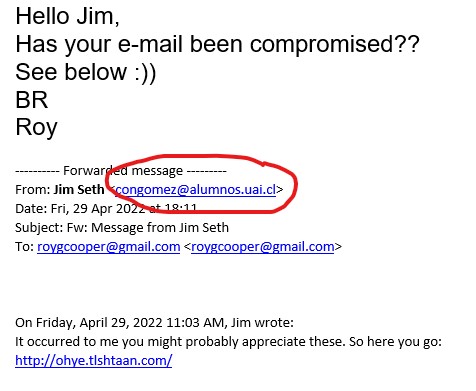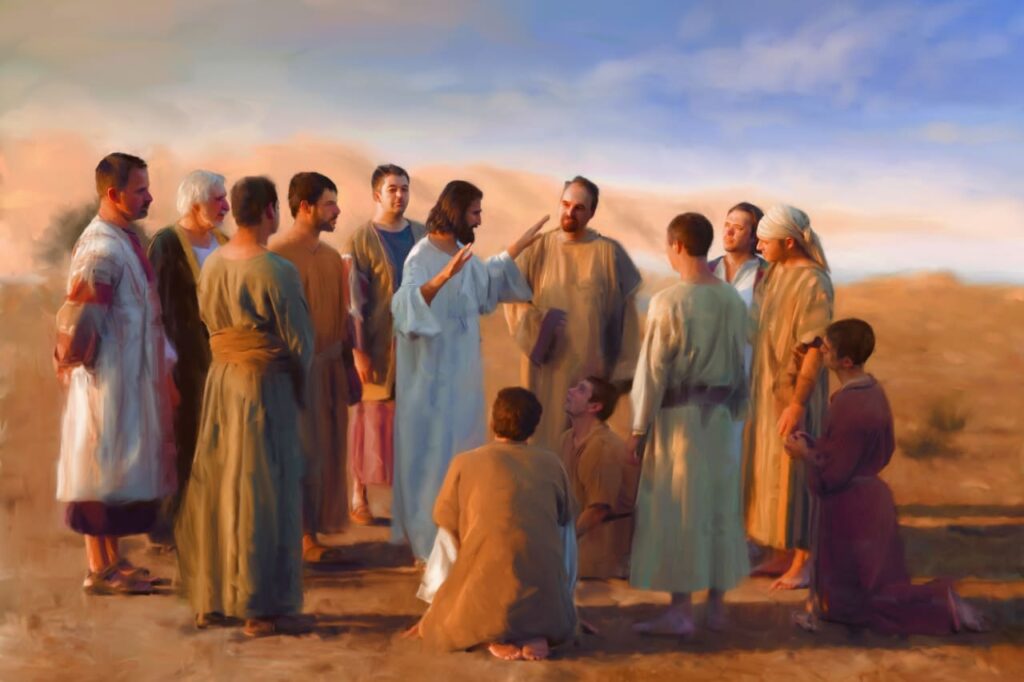Dear fellow Readers / Licensed Lay Ministers
The blog / website will updated during this week with any documents mentioned below.
Reader’s Day prompted questions about a few issues which were then discussed at the Wardens Group Meeting this week.
Where can a Reader Minister?
To avoid any confusion….. I can confirm that all licensed lay ministers, whether they have a full license or still have permission to officiate, may minister outside their own local area by invitation and with permission from their own incumbent.
We briefly discussed whether the same was true for local worship leaders; although we felt that the same rule should apply, we could not find a definitive answer and that is being investigated.
Transforming Ministry Magazine
Having consulted with Readers about how much, or little they read the magazine and whether they would pay for it the cost of £18 per head, is not tenable in the current financial climate especially as over half the respondents either did not read the magazine or only glanced at it. Therefore, the wardens group decided that if Readers want the magazine, they should subscribe for themselves. If any readers find the magazine particularly valuable but find the financial commitment difficult the diocese will provide some bursaries. Anyone in this position should speak to the Deputy Warden or to the Chaplain.
Paperwork and Re-licensing:
All readers will now have to be relicensed every three years and those who currently hold PTO will be fully relicensed when that PTO runs out. The paperwork for this process including the new work agreement / ministerial review has been agreed and will be sent out my Mel Pomeroy from the Admin team as licenses fall due. I will put finalised copies on the Chaplain’s Website in due course
DBS checks and the renewal of safeguarding training will be integral in re-licensing.
Safeguarding
As I sit on the Diocesan Safeguarding Advisory Panel (DSAP) I shared a paper on the positives and the problems of safeguarding faced by readers in their local churches. I will share that paper on the blog page. I do hope that it reflects your feelings and concerns.
Report for the Diocesan Safeguarding Advisory Panel
Reader Handbook:
The Reader Handbook is well out of date and a group has been tasked with updating it. Readers Handbook – as at 17th October 2013
This will include changes to arrangements for committees and meetings. Some of these changes are detailed in a paper from Bishop Hugh which will also appear in the blog when it has been updated. 2022 May – Readers update summary
Deanery Reader Stewards / Deanery Chaplains to Readers.
It was agreed a while ago that the role of Steward should evolve into the role of Deanery Chaplains, and I am delighted that a few of our new chaplains have taken on the new mantle with effect and enthusiasm. David and John at different ends of the county have been telephoning Readers in their deaneries and Graham in the middle has arranged a programme of discussions and activities. We are aware that some Readers are fairly isolated in their own areas and the suggestion is that they should be linked to a wider group, for example North and South Carnmarth. Let me know if you have problems hearing from a local chaplain.
Another Reader has hung up their Blue Scarf:
Andy Duff, who served for 22 years as a Reader in the Churches on the Roseland. Please pray for him and all who have left Reader Ministry in the past 12 months that they will find a new way of serving.
Only four weeks left to watch this interesting view of the Hillsong Ministry.
“God Goes Viral” – a thought-provoking documentary in the BBC Storyville Series.
https://www.bbc.co.uk/programmes/m000y2g7
Ministers in Conversation on ZOOM is on Monday mornings at 10 am
Please join us if you want to share your feelings about any of the issues raised here…. Or if you would like to discuss something theological, political or trivial!
***********
Do you get your diocesan communications?? Are you feeling left out of the loop?
Sign up here…
|










